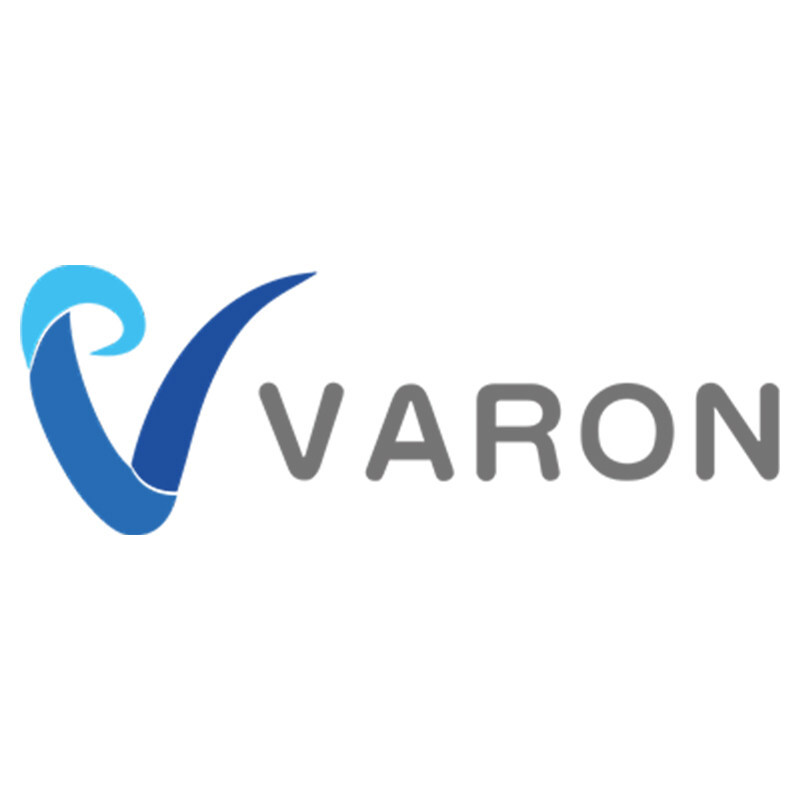Genentech has announced positive results from the Phase III ALLEGORY study, demonstrating that its drug, Gazyva (obinutuzumab), significantly reduces disease activity in adults with systemic lupus erythematosus (SLE) compared to standard therapy. The study achieved its primary endpoint, showing that a higher percentage of participants experienced a minimum four-point improvement in the SLE Responder Index 4 (SRI-4) after one year. This index measures changes in disease severity, symptoms, and overall physical condition, indicating treatment effectiveness.
All key secondary endpoints were also successfully met during the study. Notably, Gazyva’s safety profile remained consistent with previous data, as no new safety signals were identified. The results are particularly encouraging for a condition that affects over three million people globally, particularly women aged 15 to 45, with women of color facing disproportionate impacts.
Dr. Levi Garraway, Chief Medical Officer and Head of Global Product Development, emphasized the implications of these findings, stating, “Systemic lupus erythematosus is a lifelong condition that can cause irreversible damage to the major organs in the body, leading to life-threatening complications.” He added that Gazyva may delay or prevent further organ damage by effectively controlling disease activity.
The study also demonstrated statistically significant benefits in several secondary endpoints, including improvements in the British Isles Lupus Assessment Group-based Composite Lupus Assessment (BICLA) response and sustained corticosteroid control. Patients experienced a six-point improvement in the SLE disease activity score (SRI-6) after 52 weeks and a reduction in the time to first flare, as determined by the British Isles Lupus Assessment Group (BILAG) index.
Gazyva’s potential approval would mark it as the first anti-CD20 therapy specifically targeting B cells in the treatment of SLE. This is significant as B cells play a crucial role in the disease’s pathology. If approved, it could transform the standard of care for patients suffering from this challenging autoimmune disease, which is often characterized by frequent flares that can inflame and damage multiple organs.
The results from the ALLEGORY study will be presented at an upcoming medical meeting and shared with health authorities, including the U.S. Food and Drug Administration and the European Medicines Agency. These discussions aim to expedite the availability of Gazyva for patients in need.
Gazyva has a well-established presence in other therapeutic areas, being previously approved for use in chronic lymphocytic leukemia (CLL) and lupus nephritis in the United States. It is also under investigation for various other conditions, including lupus nephritis in children and adolescents, as well as in adults with membranous nephropathy.
As the ALLEGORY study is the third positive Phase III trial for Gazyva in immune-mediated diseases, the growing body of evidence suggests its effectiveness in managing disease activity across a range of autoimmune conditions. Genentech remains committed to advancing therapies that address significant unmet needs in immunology.
In summary, the promising data from the ALLEGORY study positions Gazyva as a potential new standard of care for systemic lupus erythematosus, with hopes of alleviating a condition that has long challenged the medical community. As further evaluations and regulatory discussions unfold, patients and healthcare professionals alike await the potential impact of this innovative treatment.







